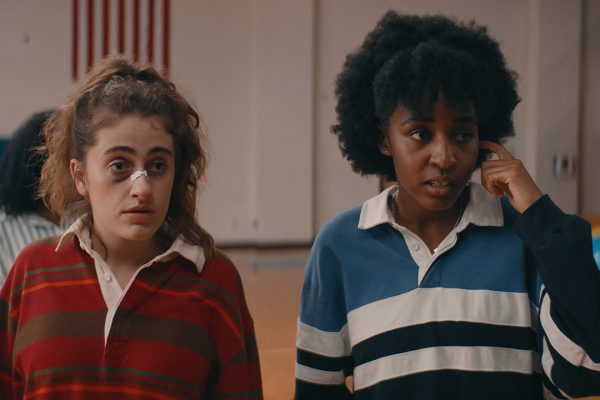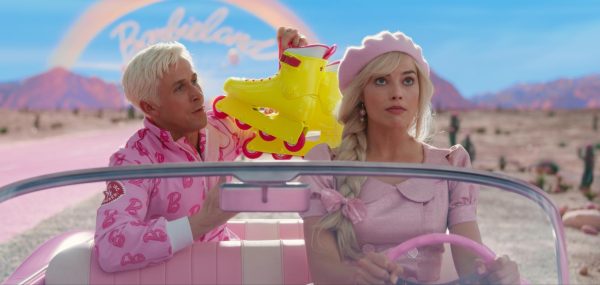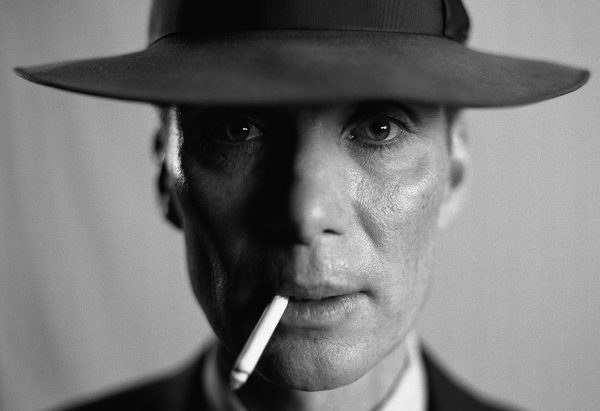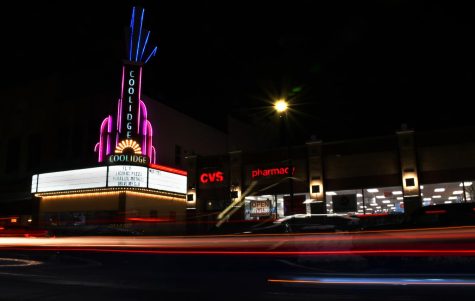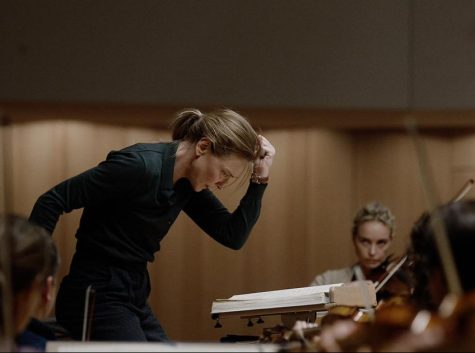Review: Steven Spielberg re-examines the highs, lows of his youth with ‘The Fabelmans’
November 30, 2022
Recently, a plethora of renowned auteurs — Kenneth Branagh, James Gray and Paolo Sorrentino, to name a few — have turned to their childhoods for inspiration. The result is a myriad of semi-autobiographical works that explore how family, friends and the majesty of cinema shaped Hollywood’s most prominent filmmakers into who they are today.
With “The Fabelmans,” co-writer and director Steven Spielberg — who, even to the most casual of moviegoers, needs no introduction — has crafted a wholly resonant feature that improves on the standards set by others in this increasingly prominent niche.
The Universal Pictures release follows the adolescent times of Sammy Fabelman (Gabriel LaBelle), an aspiring filmmaker who, through the power of moviemaking, comes to better understand himself and those around him.
At the core of the film are the ever-changing relationships between Sammy, his family and his craft, with the bulk of them serving as direct parallels to situations that arose during Spielberg’s youth. Both Spielberg and Sammy relocated from New Jersey to Arizona in the late 1950s, became Eagle Scouts and faced anti-Semitic attacks while in high school. Similarities between the two can also be spotted in the makeup and attitudes of their respective family members.
The Fabelman clan — consisting of Sammy, parents Mitzi (Michelle Williams) and Burt (Paul Dano) and siblings Reggie (Julia Butters), Natalie (Keeley Karsten) and Lisa (Sophia Kopera) — is wild and, at times, dysfunctional. But despite sibling clashes and marital troubles between Mitzi and Burt, the undying love between each member is palpable. This is largely a result of the stellar performances of those tasked with portraying fictionalized versions of Spielberg’s family.
Of the bunch, Michelle Williams — a four-time Academy Award nominee — leaves the greatest impression. As the artistic and rambunctious Mitzi, Michelle Williams exhibits an incredible range of emotions that, for more regular viewers of her work, is executed with a mastery that is unsurprising but worthy of high acclaim. Throughout the film’s 151-minute runtime, she displays everything from pure whimsy and elation — such as when viewing young Sammy’s (Mateo Zoryon Francis-DeFord) first film, a recreation of a scene from “The Greatest Show on Earth” — to immense frustration and despair — like when reprimanding teenage Sammy for continued disobedience and lack of familial respect — with the skill only an actress of her caliber possesses.
LaBelle, Michelle Williams’ most common scene partner, also delivers standout work. As Sammy, LaBelle exudes the angst and inner conflict commonly associated with adolescence while remaining endearing and relatable. Notably, during shouting matches with Michelle Williams, LaBelle manages to hold his own, which, given how much scenery she chews, is an astounding feat.
Outside of dramatic scenes, LaBelle thrives, delivering comedic dialogue with impeccable timing. He also emphasizes his character’s shyness and insecurity when necessary, such as while speaking to female classmates Monica (Chloe East) and Claudia (Isabelle Kusman) a day after being pummeled by the latter’s boyfriend. Furthermore, tackling the role of Spielberg’s fictionalized self likely resulted in unfathomable pressure on 20-year-old LaBelle, making his performance all the more impressive.
This is not to say that the rest of the ensemble is mediocre, though. Dano convincingly conveys the introspective, reserved disposition of the Fabelmans’ patriarch; Seth Rogen, who portrays close family friend Bennie, exudes his character’s charisma and humor in spades; and Judd Hirsch’s turn as Sammy’s eccentric great uncle Boris is a rousing one, to say the least. But it is irrefutable that the performances of Michelle Williams and LaBelle, who have the most screen time, are the two that truly stick with audiences after the credits roll.
Joining this talented ensemble in bringing Spielberg’s vision to life are several of the filmmaker’s most frequent collaborators, including co-writer Tony Kushner, cinematographer Janusz Kamiński and composer John Williams.
Kushner, who penned previous Spielberg features like “Lincoln” and “West Side Story,” brings his superb proficiency with narrative and dialogue to the film, helping Spielberg craft memorable and quotable moments out of commonplace real-life happenings in the process. Kamiński, whose history with Spielberg dates back to 1993, creates a myriad of striking visuals — such as the film’s closing shot where a college-aged Sammy jovially traverses the Paramount Pictures studio backlot — while maintaining an air of simplicity and nostalgia that perfectly matches the film’s contents. The score of John Williams, the mind behind the instantly recognizable themes of Spielberg’s “Jaws” and “Raiders of the Lost Ark,” is not as bombastic as others in his discography, but it serves as wonderful accompaniment nonetheless.
Though many may feel inundated by the rise of such semi-autobiographical features, “The Fabelmans” is essential viewing that, beyond serving as a gripping family drama and celebration of the cinematic art form, provides remarkable insight into how one of our most revered directors came to be.








